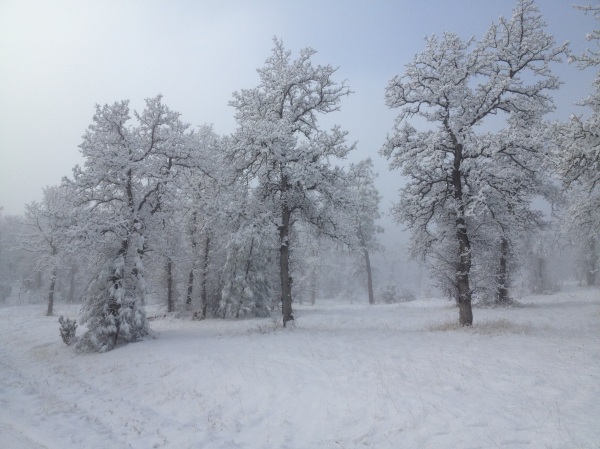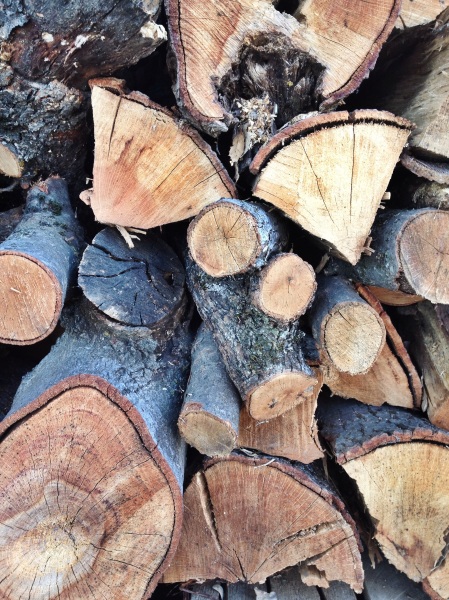 There aren’t many images of faithfulness left in our culture. Beliefs are not the only dimension that has been co-opted by our relativistic society, so have our commitments. To make matters worse the images that do remain are either laden with guilt for fear of consequence or purely motivated by self-interest and gain. It seems as if faithfulness has become pragmatic, a means to an end.
There aren’t many images of faithfulness left in our culture. Beliefs are not the only dimension that has been co-opted by our relativistic society, so have our commitments. To make matters worse the images that do remain are either laden with guilt for fear of consequence or purely motivated by self-interest and gain. It seems as if faithfulness has become pragmatic, a means to an end.
Nature, however, reveals a different picture one that is not fearful or calculated but trustful: “Look at the birds of the air; they do not sow or reap or store away in barns, and yet your heavenly Father feeds them” (Mt. 6:26a NIV). Instead of defiance, creation yields: an implicit confidence in the goodness of the ONE who creates, sustains, and completes all of life. Firmly established and rooted in the soil of hope, the created order dwells within each season as a witness of surrender.
There is no better image of this than a forest of winter tees. Seemingly stripped of fruitfulness they do not resist the season of hibernation but willingly acquiesce to sovereignty. In winter, spring, summer or fall their posture remains the same: branches lifted to the heavens in an act of ceaseless praise and adoration.
I realize that this is an unusual claim, one that is far more literary than scientific. BUT surely this is an aspect of what the Psalmist meant when stated:
“The heavens declare the glory of God; the skies proclaim the work of his hands.
Day after day they pour forth speech; night after night they reveal knowledge.
They have no speech, they use no words; no sound is heard from them.
Yet their voice goes out into all the earth, their words to the ends of the world”
(Ps. 19:1-4 NIV).
Could it be that the knowledge that creation reveals is a freedom that one experiences when all of life (in it’s various seasons) is lived from a posture of trust, i.e. a faithfulness that is born not out of guilt nor gain but love? Surely this is the sentiment of the Apostle Paul: “I have learned the secret of being content in any and every situation, whether well fed or hungry, whether living in plenty or in want. I can do all this through him who gives me strength” (Philippians 4:12-13 NIV).
Maybe the words of a chorus from the Taizé Community capture best this sentiment of silent trust?
“In God alone my soul can find rest and peace
In God my peace and joy
Only in God my soul can find its rest.
Find its rest and peace.”
